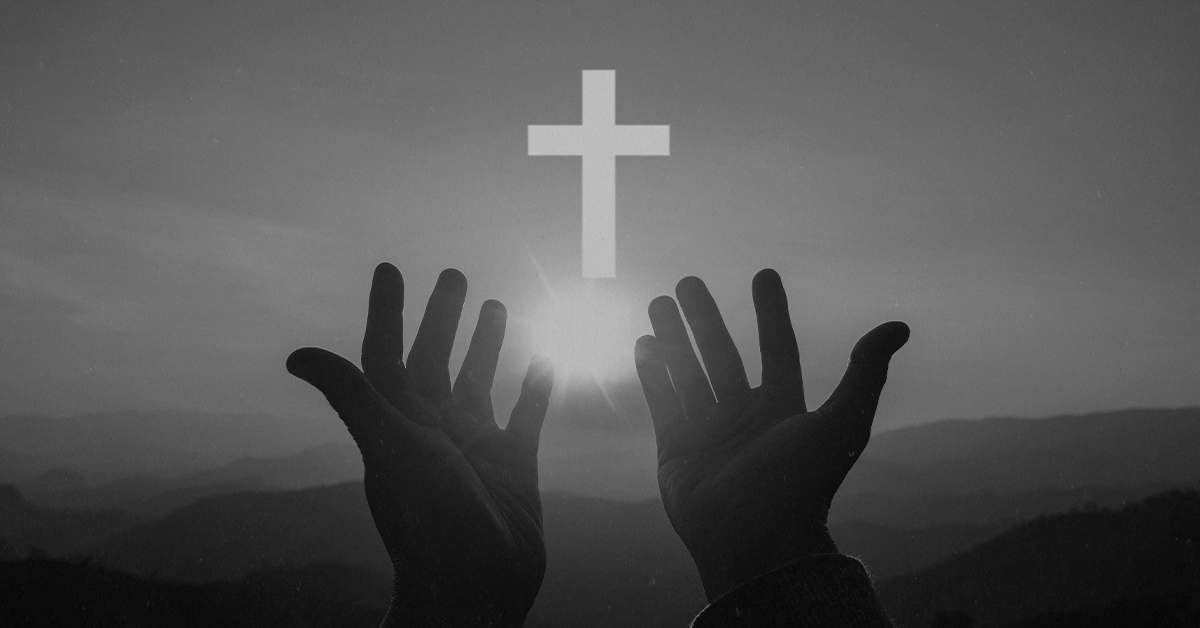With culture continually evolving, a notion has gained momentum in recent years, suggesting that all religions and beliefs ultimately lead to the same God. It can be an attractive thought, allowing us to believe that all individuals are saved because it’s all the same god. However, as we investigate this concept, we’ll discover that it comes with its share of flaws.
To better understand this idea, some proponents use an interesting analogy called “the blind man and the elephant.” It portrays multiple blind individuals touching different parts of an elephant and forming their perceptions based on their limited experience. In a similar vein, people argue that religions are like the blind men, each offering a different perspective on the same divine truth. While this notion may be comforting, we must explore whether it stands up to scrutiny.
Let’s dive into a significant passage from the Bible, John 14:2-7, where Jesus addresses His disciples’ concerns about His departure. He assures them that His Father’s house has many rooms and that He is going there to prepare a place for them. However, Thomas questions the destination and asks how they can know the way. Jesus reveals that He is the Way, the Truth, and the Life, and that no one can come to the Father except through Him.
Jesus’s statement in this passage is remarkable, as it proclaims an exclusive truth—He is the only pathway to God the Father. By making this assertion, He sets aside other religious rituals and claims to be the sole way, truth, and life leading to the one true God in heaven. This claim becomes a consistent theme throughout the Bible, establishing Jesus as the only true way to the divine.
Given Jesus’s exclusive claim, it becomes apparent that not all religions can be true simultaneously. If we accept that every religion leads to the same God, we invalidate the central teachings of Christianity, which assert Jesus as the only way to salvation. The Bible clearly presents the One True God, and Jesus is consistently portrayed as the exclusive pathway to Him.
When examining the major world religions, we find that they differ significantly in their beliefs about the divine and the path to salvation. Islam declares itself the only acceptable religion, while Hinduism teaches the oneness of God and the universe. Buddhism focuses on enlightenment through self-liberation, denying the existence of a personal God. These fundamental distinctions make it challenging to harmonize all religions as equally true.
As Christians, we believe that Jesus’s resurrection is central to our faith. Without the resurrection, Christianity loses its foundation. Other major religions, like Judaism and Islam, reject the resurrection, while Buddhism and Hinduism have differing perspectives on the nature of God and life’s purpose.
Ultimately, the assertion that all religions are equally true ignores the exclusivity of their teachings. As much as relativism claims there is no one right truth, it is itself a truth claim. Christianity’s unique stance on Jesus Christ as the Son of God and the path to salvation sets it apart from other religions.
Exploring the question of whether every religion can be true has brought us face to face with the exclusivity of Jesus’s claims in Christianity. Embracing the truth of Jesus’s divinity and resurrection allows us to find genuine hope and redemption. While it may be tempting to believe that all paths lead to God, examining the core beliefs of major religions reveals their significant differences. As we continue on our spiritual journeys, let’s seek understanding, open dialogue, and respect for each other’s beliefs while being steadfast in our faith in Jesus Christ.

